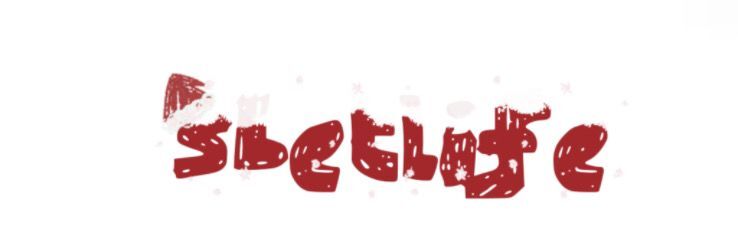types of clothing labels
Understanding Different Types of Clothing Labels
When it comes to apparel, the myriad of clothing labels can be quite confusing. Each label serves a specific purpose and conveys essential information about the garment. Below, we delve into the various types of clothing labels and what they signify.
Are you interested in learning more about types of clothing labels? Contact us today to secure an expert consultation!
Care Labels
Care labels are perhaps the most critical of all clothing labels. They provide instructions on how to properly clean and maintain the garment. This includes washing temperatures, whether the item can be machine dried, and if it can be ironed. Understanding these labels ensures longevity and quality of your clothing.
Brand Labels
Brand labels are the hallmark of a clothing piece. They identify the manufacturer or designer and often feature the brand’s logo. These labels can indicate the quality, style, and trend associated with the brand. A recognizable brand label can enhance the value and appeal of the clothing item.
Size Labels
Size labels are crucial for both consumers and retailers. They provide information regarding the fitting dimensions of the garment, which often follow standard sizing charts (like small, medium, large, etc.). Accurate size labels help customers find the right fit, reducing return rates for retailers.
Material Composition Labels
These labels detail the fabric content of the garment. Knowing the material composition is essential for consumers, as it can affect comfort, durability, and care instructions. This label will usually list the predominant materials, such as cotton, polyester, or wool, and may also include percentages of each material used.
Country of Origin Labels
Country of origin labels denote where the garment was manufactured. This is particularly important for consumers interested in ethical fashion or looking to support local economies. Additionally, some countries are renowned for specific types of clothing manufacturing, which can add to the garment’s credibility.
Sustainability and Ethical Labels
In an age where consciousness towards the environment is growing, sustainability labels are becoming increasingly prevalent. These labels indicate that the clothing has been produced with environmentally friendly practices. Certifications such as GOTS (Global Organic Textile Standard) and Fair Trade are examples that ensure ethical production processes.
Custom Labels
Some clothing brands opt for custom labels, often used in their marketing strategy. Custom labels can feature unique designs, messages, or visuals that resonate with their target audience. These labels serve not only as a brand identifier but also as a marketing tool, enhancing brand loyalty.
How to Read Clothing Labels
Reading clothing labels effectively is vital for making informed purchasing decisions. Begin by interpreting the care label to understand maintenance requirements. Next, check the brand label for quality recognition, and review the size label to ensure the right fit. Understanding material composition can also help you assess comfort and durability. Lastly, consider ethical and sustainability labels as deciding factors in your purchasing process.
The Importance of Clothing Labels
In summary, the various types of clothing labels serve significant roles in informing consumers about the maintenance, quality, and origin of the garments they purchase. By becoming familiar with these labels, shoppers can make better choices, ensuring their clothing selections align with their values and lifestyles.
Want more information on toothbrush embroidery badge factory? Feel free to contact us.


Comments
0